Possible outcomes for Pakistan's political turmoil
Gilani was trying on Monday to save his ruling coalition after major partner withdrew.
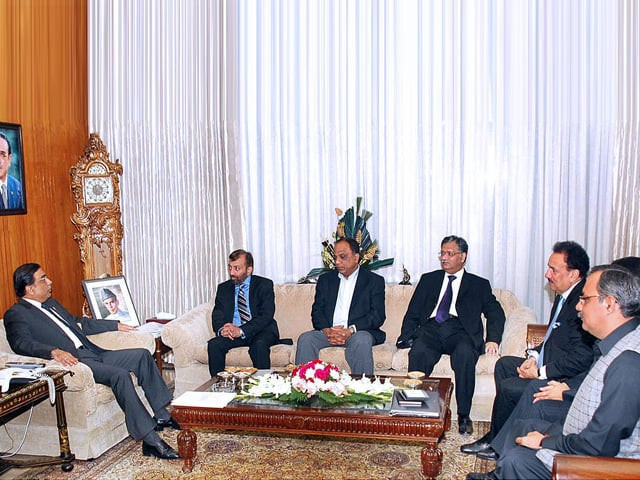
The Muttahida Qaumi Movement (MQM), the second largest party in the coalition, pulled out over a nine per cent fuel price rise from January 1 which has added to inflationary pressures in a country where frustrations are spreading over poverty, corruption and power cuts.
Here are some questions and answers on where the turmoil may lead the South Asian country:
Will the opposition opt for a no-confidence vote?
With the MQM sitting with the opposition, the government loses its majority in the National Assembly. It is 12 seats short of the number it would need to survive a no-confidence vote.
The opposition could now press ahead with such a vote against the prime minister in parliament but that is not certain. Much will depend on the biggest opposition party in the assembly, former prime minister Nawaz Sharif's Pakistan Muslim League (PML-N).
Sharif is one of Pakistan's most popular politicians but he does not enjoy good ties with most political parties and the chances of the opposition forming a new ruling alliance are slim.
A major question is does Sharif want to force an early election now, and try to win power when security and economic problems are so acute? Or might he want to bide his time and let this government go on struggling for longer?
Might the MQM agree to rejoin the coalition?
The MQM has long been an uneasy partner in the coalition and now that it has finally acted on threats to quit, political reconciliation seems highly unlikely. To get the MQM back on board, President Asif Ali Zardari would have to take a number of bold steps such as reversing the latest fuel price rise.
That would be risky at a time when the International Monetary Fund (IMF) is demanding fiscal discipline.
Zardari could also make political moves to appease the MQM and try to lure it back, such as dismissing his close aide and Sindh province's home minister, Zulfiqar Mirza, a vocal critic of the MQM, which dominates politics in Pakistan's financial capital and biggest city Karachi.
Can the government win other support?
Zardari's aides are trying to win back the Jamiat-e-Ulema-e-Islam (JUI), a small religious party which left the coalition last month over the sacking of one of its ministers.
But it has only eight seats so even if it were to come back, the government would need additional support. Prime Minister Yusuf Raza Gilani has also been in contact with a faction of the PML, known as the PML (Q), which has 51 seats in parliament.
Gilani would not need the party to formally join the coalition, which analysts say would be unlikely, but just to hold off throwing its support behind any no-confidence motion, and to lend its support on big bills.
If such an arrangement could be worked out, the coalition could survive as a minority government. But it would be a fragile administration.
An early election?
The next election is not due until 2013 but if the government collapses or simply can't function properly, early polls will have to be held.
Months of campaigning and uncertainty would distract the attention of political leaders from the country's two most pressing issues -- tackling militancy and stabilising the economy.
That would likely further weigh on investment in a country that relies on an $11 billion IMF loan agreed in 2008.
Foreign direct investment fell by more than 20 percent in the first five months of 2010 largely because of various risks including
militant violence.
Military intervention?
A long shot but it can't be ruled out. The military has ruled Pakistan for more than half of its history.
If the generals decide the government is losing control, they may take drastic action.
That would hurt Pakistan's democratic credentials and discourage Western donors from providing financial aid badly needed after devastating floods last year.

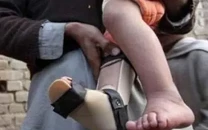

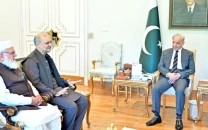

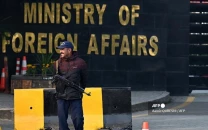
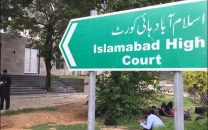


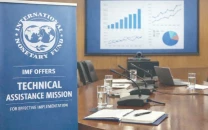
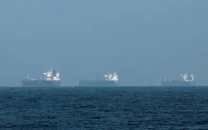








COMMENTS
Comments are moderated and generally will be posted if they are on-topic and not abusive.
For more information, please see our Comments FAQ